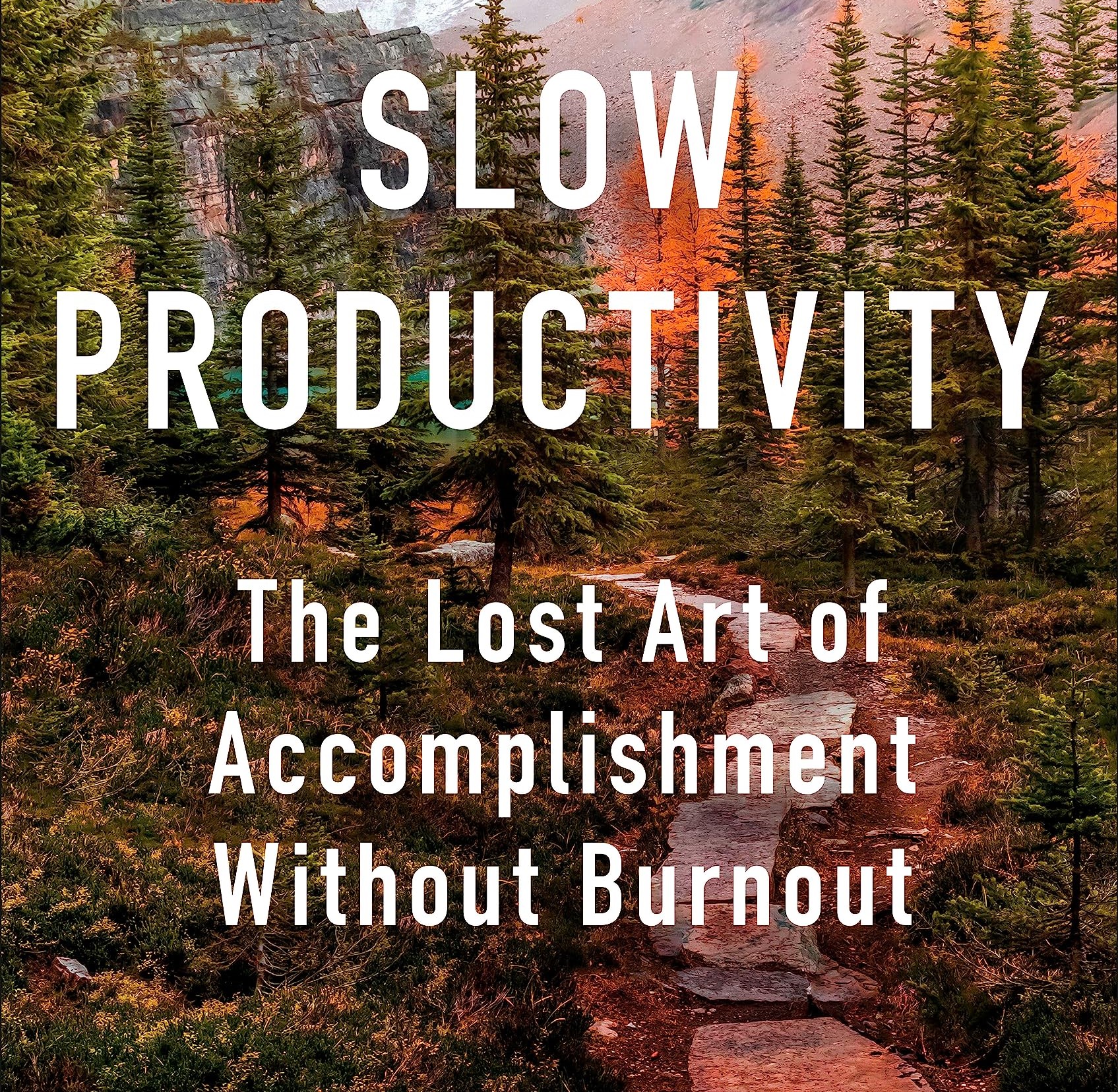In honour of Mother’s Day, here are just a few things I learned from my mom that I want to teach my daughter:
💡 Stay in touch with friends.
It matters that you know people who knew you when you were in a different chapter of your life.
💡 Meaningful work matters.
My mother is an amazing nurse, genuinely caring about others and using her expertise to care for patients, with compassion and excellence.
💡 You can build anything when you do it together.
We built a log home together as a family — from scratch! I helped peel logs, sand wood, hammer nails, and paint walls. (Although, from this perspective, I don’t know if I was quite as essential as I thought I was at the time). It’s amazing what a team can do when they’re focused on a shared goal — and have amazing leaders.
💡 Relationships matter more than a clean house.
As the poem on our wall read, “Cleaning and scrubbing can wait till tomorrow, for children grow up, as I’ve learned to my sorrow. So quiet down cobwebs, dust go to sleep. I’m rocking my baby. Babies don’t keep.” (Ruth Hulbert Hamilton)
💡 It’s okay to take a rest — in fact, it’s essential.
Every day and every week you need time to rest. Make time for a day of rest — and moments of rest, too.
💡 Invite people over to dinner.
Enjoy the conversation over a home-cooked meal. It doesn’t have to be fancy — just be together.








